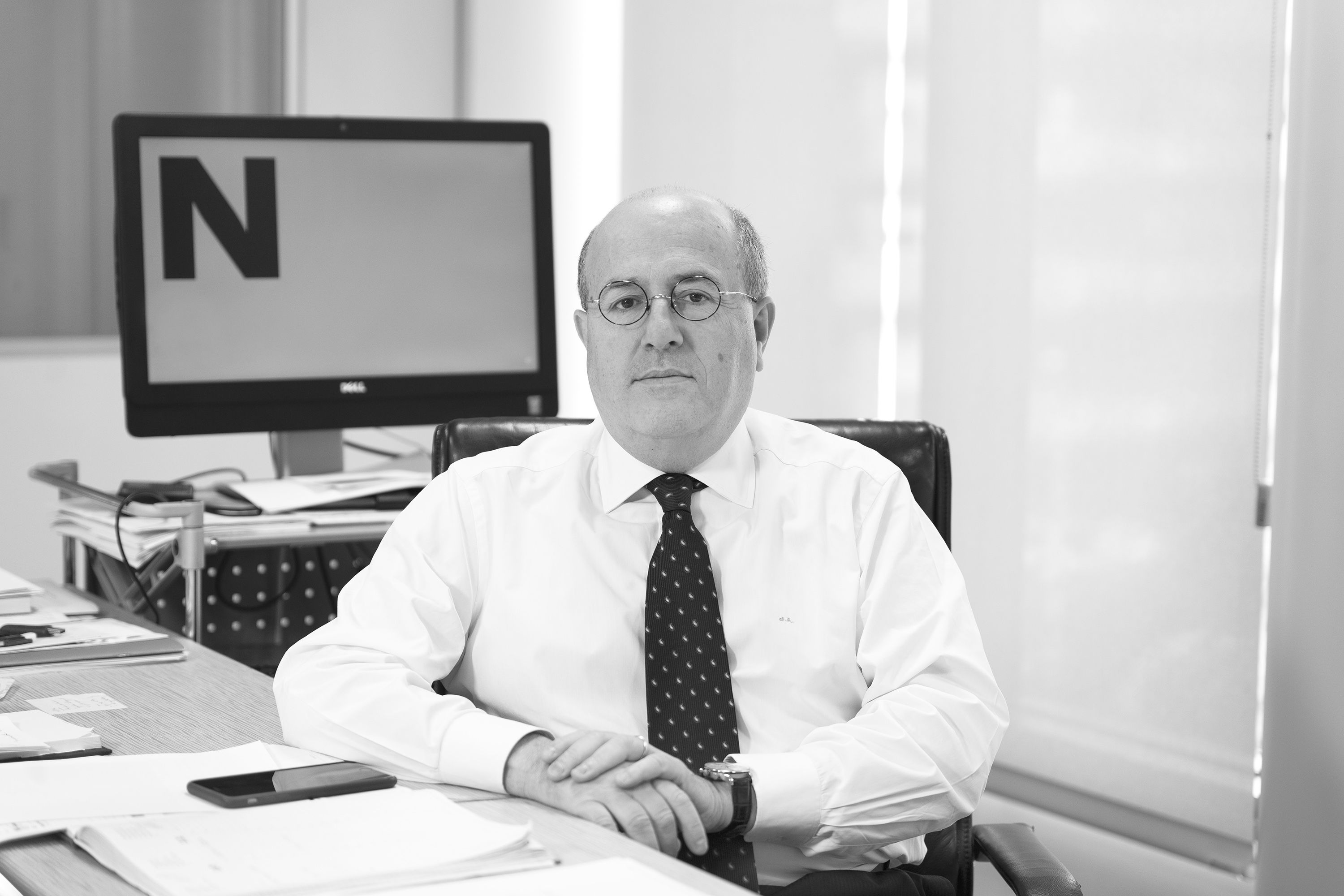The year 2018 which we have just left was not a good year. We have experienced twelve months in a kind of limbo, without moving forward and without retreating. Maybe it needed a year like this to overcome the dissolution of the Catalan institutions, the suppression of the Catalan government, the imposition of article 155 of Spain's constitution, the justice system converted into political arbitrator deciding who could be a candidate for Catalan president and who couldn't, Mariano Rajoy blocking the publication of the new Catalan cabinet in the official gazette because it included ministers who were in prison. And so on. And, around all this, Catalan government members and independence movement leaders scattered widely among prisons and countries of exile.
But neither has it been a lost year: the independence movement has managed to stand its ground in the face of a Spanish state that has done everything possible to eliminate it and, in addition, it has had judicial victories abroad of sufficient importance that the idea of an unjust justice system in Spain has had enough strength to take root. The most important triumph, undoubtedly, was achieved by the lawyers of president Carles Puigdemont in Germany, who forced Supreme Court judge Pablo Llarena to withdraw his extradition order after the Schleswig-Holstein court consistently rejected the Spanish accusations of rebellion, leaving only the lesser charge of misuse of funds. Llarena withdrew, Spain's right wing almost provoked a crisis with Germany and Puigdemont and the other exiled Catalan ministers won their freedom. They were intense days that allowed us to think that, perhaps, another Europe is possible.
The Supreme Court preferred to live with the embarrassment of a justice system at odds with Europe rather than abandon its invented narrative. Close ranks rather than correct one's course. They were not the only ones: Spain's three 'article 155' parties the PP, PSOE and Cs were at the court's side, as were the vast majority of the Spanish print media. Along the way, Pedro Sánchez separated from the peloton at times - not his PSOE party as a whole, and in any case, more out of necessity than conviction. And so we have reached 2019, a year that is yet to be written and that is largely lacking a script. A year that will be shaped by the trials of the political prisoners which will start in the second half of January. A year in which Catalan president Quim Torra will have to decide what his role in the Catalan political scene is, and what remains of the Catalan route to independence.
The trials and the municipal elections are the two key issues for the independence movement, and it is preparing for them in different ways. It shows cohesion and unity on the first matter, and division and disaccord on the second. The idea of a great republican victory in the municipal elections in May does not seem likely with the wide dispersion of candidacies that have been announced, but it's true that there is still a lot of time ahead and many bridges to be crossed. On the other hand, the trial of the pro-independence leaders presents itself as a magnificent opportunity to let the world understand the inadequacies of Spanish democracy, and this unprecedented court case with calls for the defendants to spend decades behind bars for rebellion and sedition, among other charges, for holding a referendum on October 1st, 2017. If the world were to see this, it would be a great sounding board.

